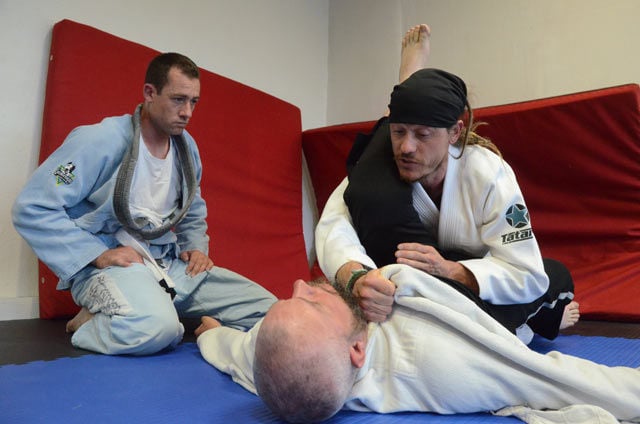

Imi’s service in the British Army exposed him to the Fairbairn-Sykes unarmed fighting methods. It was in these street confrontations that Imi defined the difference between sports-fighting and real street combat and began to distil what worked from what did not.Īfter the outbreak of World War Two, Imi joined the British Army and served in the Czech Battalion which – through various name changes and amalgamations – saw action in Egypt, Syria, Turkey, Palestine, Tobruk in Libya, the defence of Haifa in Israel and the defence of Beirut in Lebanon. Imi and his brothers went ‘on the barricades’ with a group of young Jewish boxers and wrestlers to prevent the anti-Semitic gangs from entering the Jewish areas where his family lived. In 1930’s Europe, National Socialism (Nazism) was spreading and Imi found increasing hostility as anti-Semitic gangs attacked Jewish citizens, businesses and neighbourhoods. Imi trained in Judo and traditional Jiu-Jitsu, achieving black belts and also excelled as a boxer.

Samuel Lichtenfeld encouraged his sons to engage in many sports and Imi and his brothers excelled in swimming, boxing, wrestling and gymnastics. He had been a circus acrobat and gymnast and owned a gymnasium where he taught self-defence. Imi’s father Samuel Lichtenfeld was a Chief Inspector for the Bratislava Police Force. His name is often shortened to ‘Immi’ or ‘Imi’ and he is sometimes referred to as Imi Sde-Or as Sde-Or is the Hebrew calque, or literal translation, of Lichtenfeld and would be ‘Light field’ in English. Imrich Lichtenfeld was born in Budapest on 26 th May 1910. The formation of Krav Maga is reasonably well known.


 0 kommentar(er)
0 kommentar(er)
